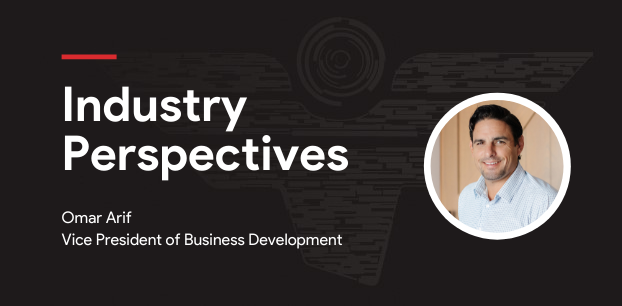
RBP 2.0
Reference based pricing (RBP) tends to have a negative connotation in the benefits world. Most brokers and consultants are educated on it, understand the financial impact, and still don’t bring it to their clients. Or even worse, brokers bring horror stories to their clients to steer them away from it.
There are a million reasons this is happening. The broker had a bad experience with RBP and has completely written it off; it’s more work for the broker and client; a much deeper level of client and member education is needed; it’s anti-establishment and not for everyone; it can be uncomfortable when dealing with a member who has a balance bill or couldn’t get access to their provider; it can be contentious when dealing with big hospital systems, etc. Frankly, it’s just very different than what people are used to and that can be scary.
It doesn’t help when most of the RBP vendors out there are private equity-backed or publicly traded. Those entities tend to act in the interest of shareholders first and clients second. They have a product that saves money no doubt, but what are they sacrificing? RBP vendors are now building their own networks, settling disputed bills at retail prices, outsourcing member services to a TPA or member concierge service, and outsourcing litigation defense. They’re doing things this way because it’s the “easy button.” Sell it now and figure it out later is the mantra from the powers that be. They are operating for the short-term gain because they need to hit quarterly projections in order to pay back investors.
Healthcare prices are a runaway train and private equity is seizing the opportunity to make money off it. All of this comes at the expense of the member. The member is often left confused, frustrated, and calling HR. Oftentimes, it leads to companies leaving traditional managed care networks for the financial savings of RBP only to go back after a poor experience. The cause of the poor experience used to be a lack of member support, but the trend is now shifting to RBP vendors wanting to be a PPO. Why? Because they have revenue targets to meet and monetizing contracts is easy money. Brokers, clients, members, and providers get left with a bad taste in their mouth so much so that some RBP providers won’t even put their logo on an insurance card.
There is a better way, and it’s called ClaimDOC. ClaimDOC is a privately held family-owned business in Des Moines, Iowa that puts the client and the member first. Anyone that understands investments knows if you are beholden to investors your number one focus is dividends or return on investment. ClaimDOC is free of that burden and instead of paying out dividends, capital is reinvested to drive the business forward. Reinvesting capital means investing in employees, in clients, and in innovation. ClaimDOC is a boutique that competes with and outperforms larger competitors. ClaimDOC is a movement and a culture of finding a better way. The standard we hold ourselves to is, “Would you want your mother on this plan?”
We don’t pick fights with providers. We partner with them and educate them. Sometimes we contract, but typically we get access without contracts. That is hard work, however along with solving the member problem, it also drives better financial results for the plan sponsor. We don’t re-price the bills that come in, we audit with an in-house clinical team then re-price.
RBP competitors have given in to auto-adjudication after saying for years it was bad. They need patchworked physician networks. Not using them is hard work, competitors have given in to what they once despised because it’s easy. At ClaimDOC, we do the hard work of getting members access to the providers they want to see. We aren’t beholden to our private equity investors or shareholders because we don’t have any. We answer to our clients and their members.
If you want long-term sustainability, if you want to control cost for the plan and members, if you’re willing to be open-minded and looking for a better way to do reference based pricing, then look no further. As Mark Twain once said, “It ain’t what you don’t know that gets you in trouble. It’s what you know for sure that just ain’t so.”